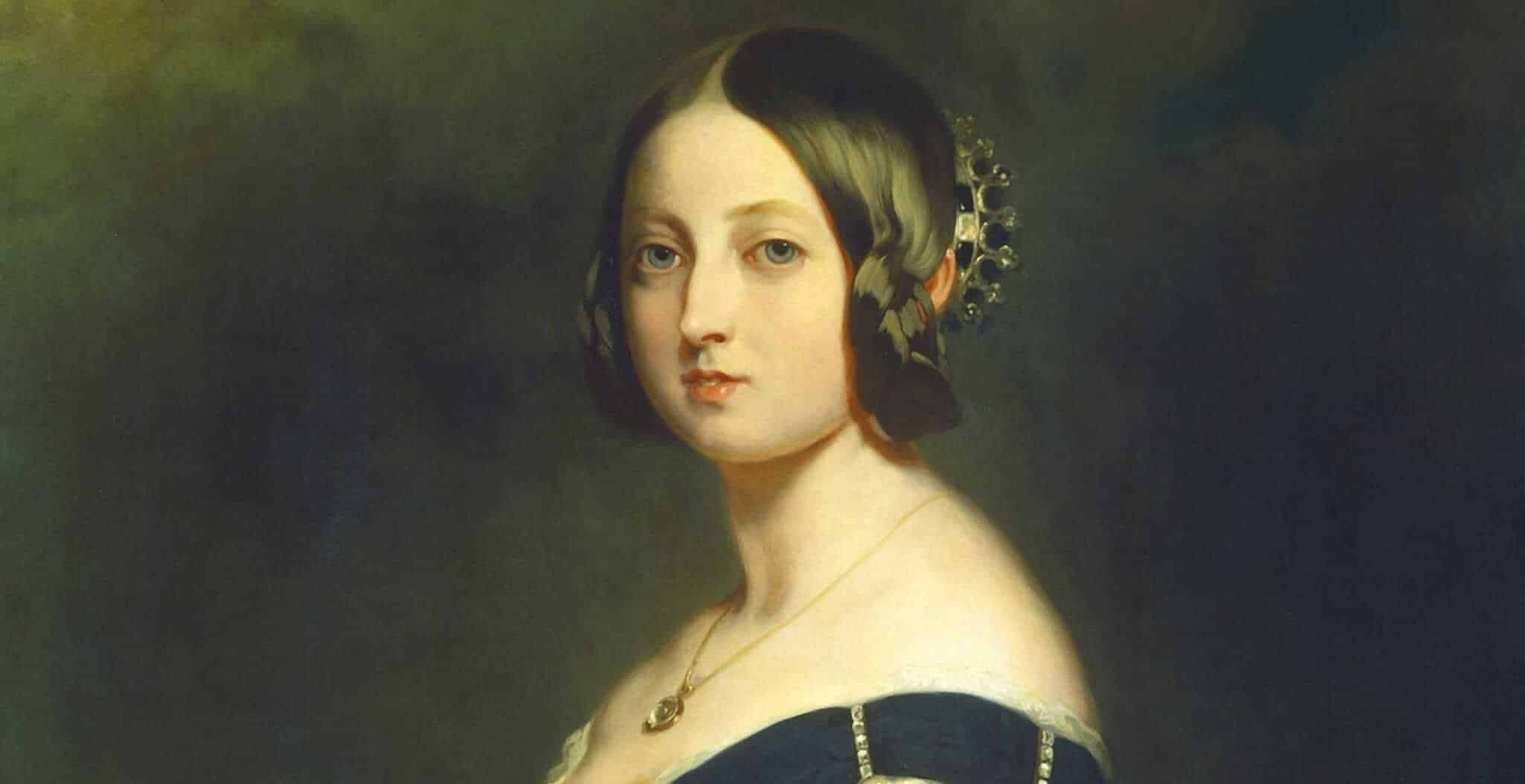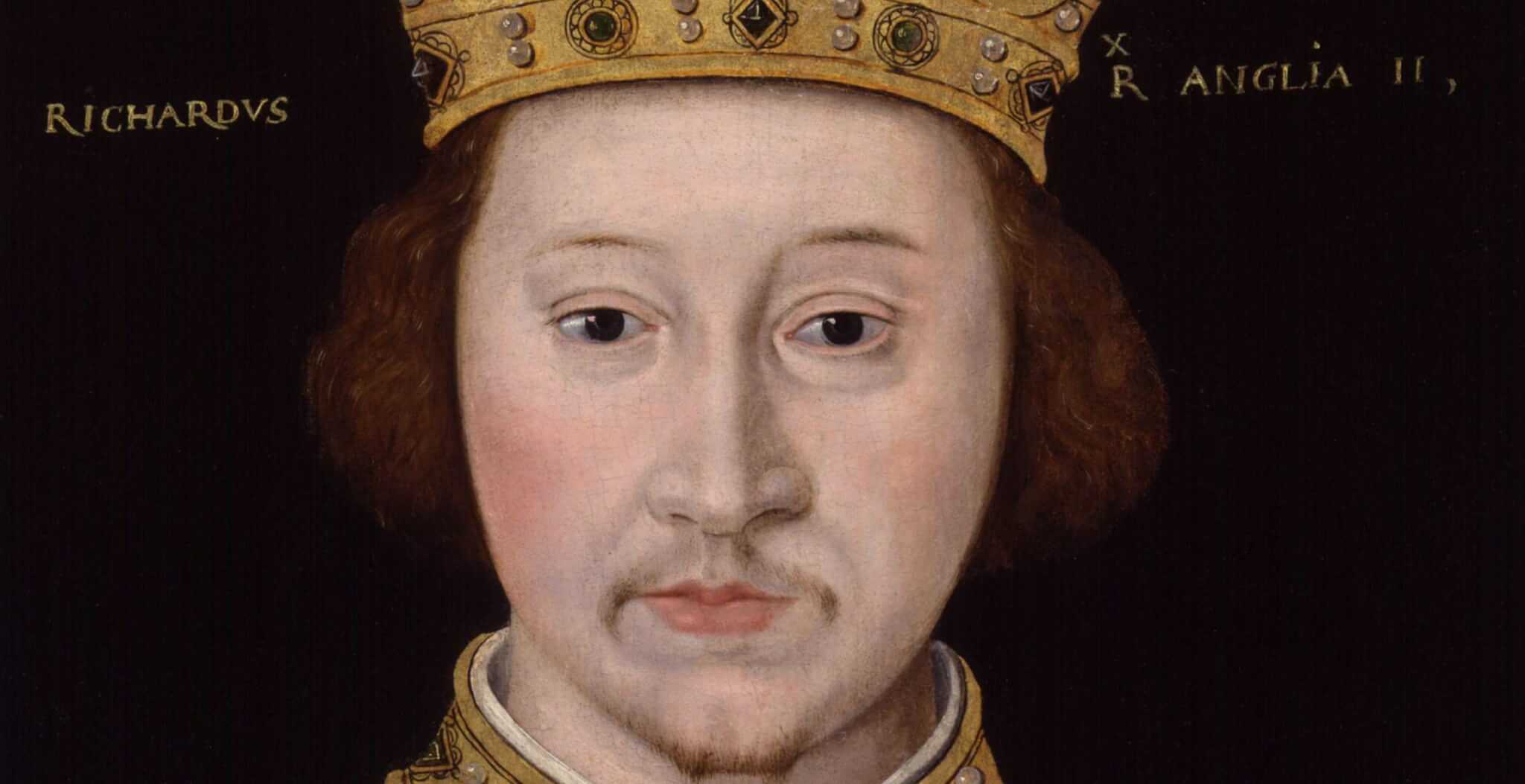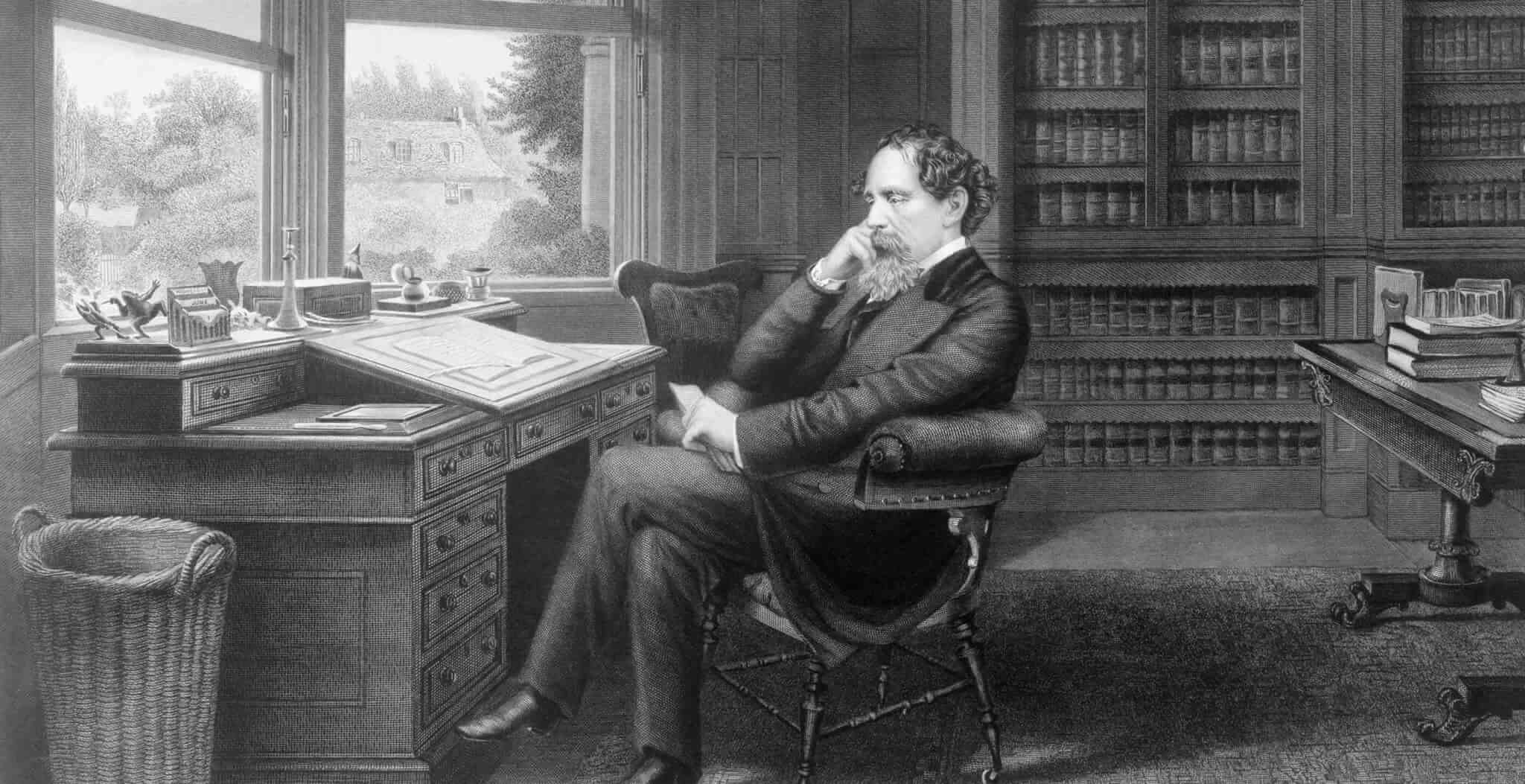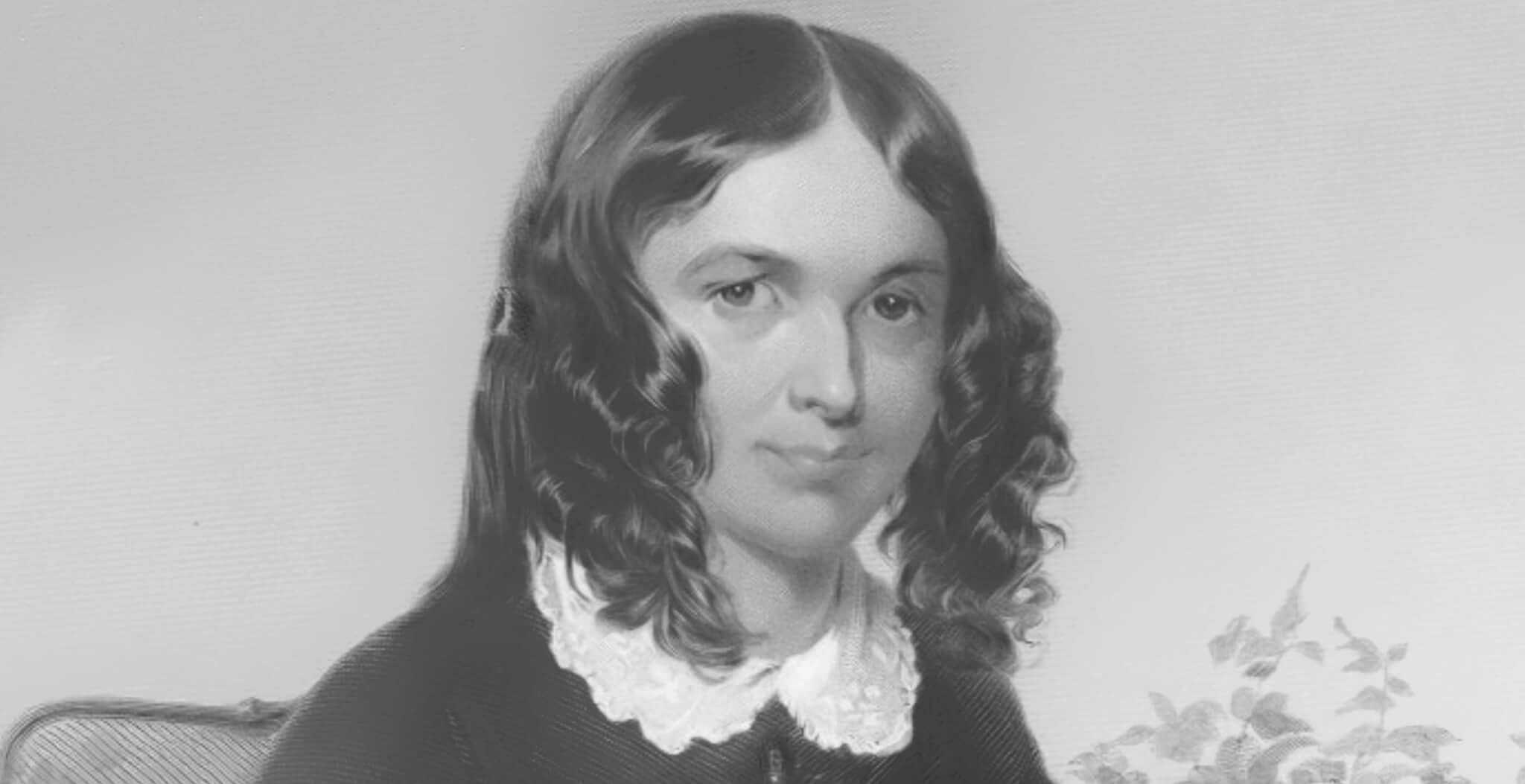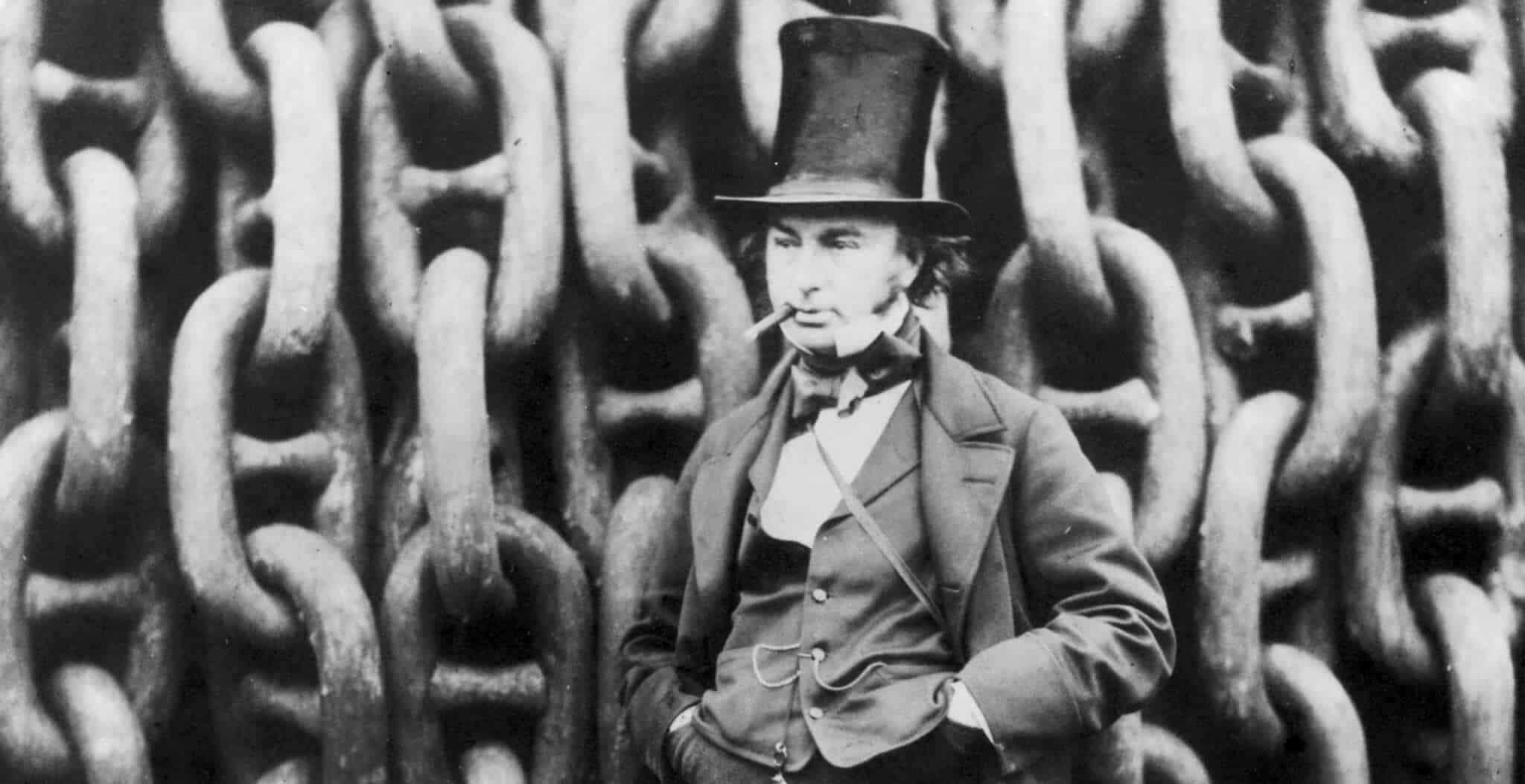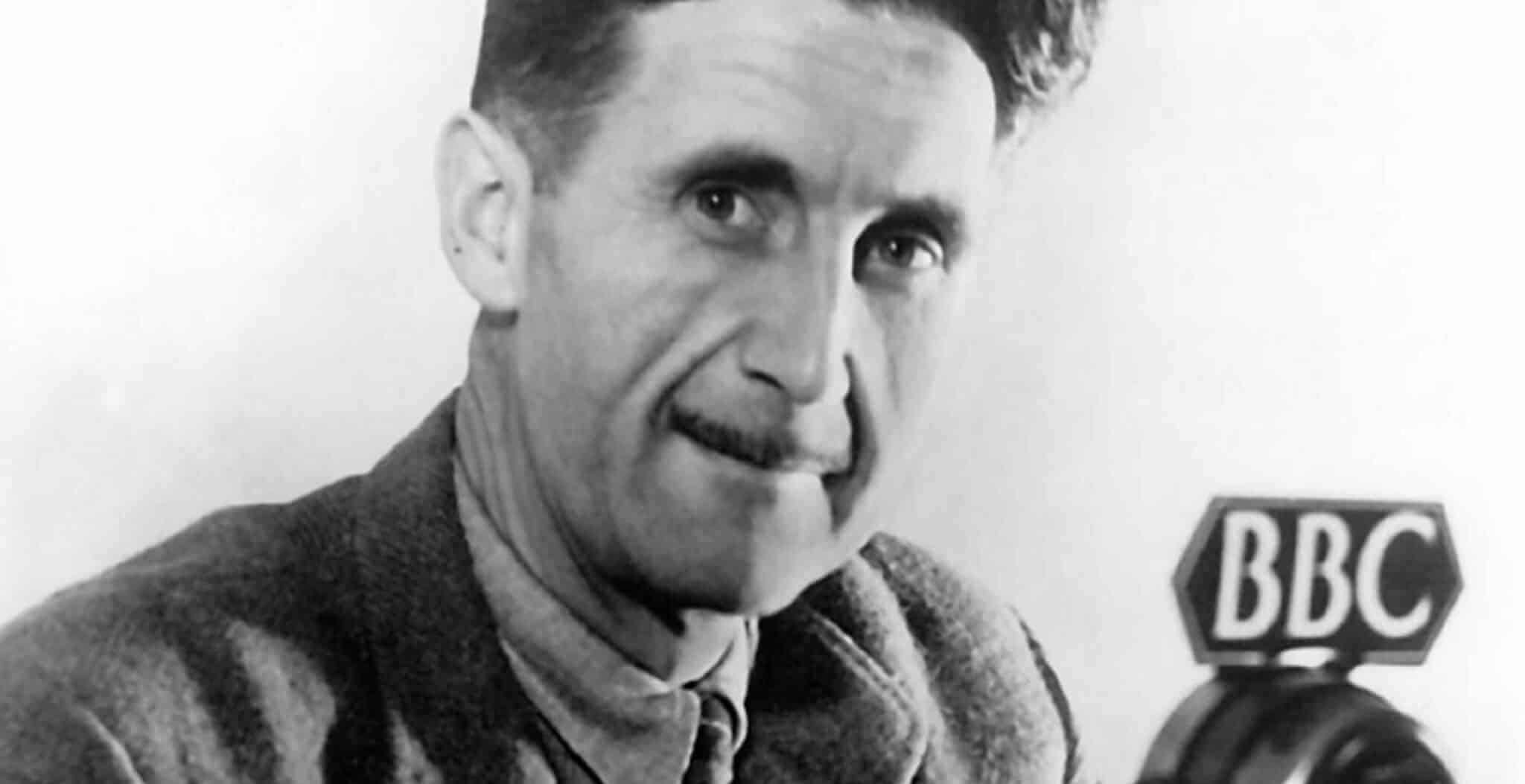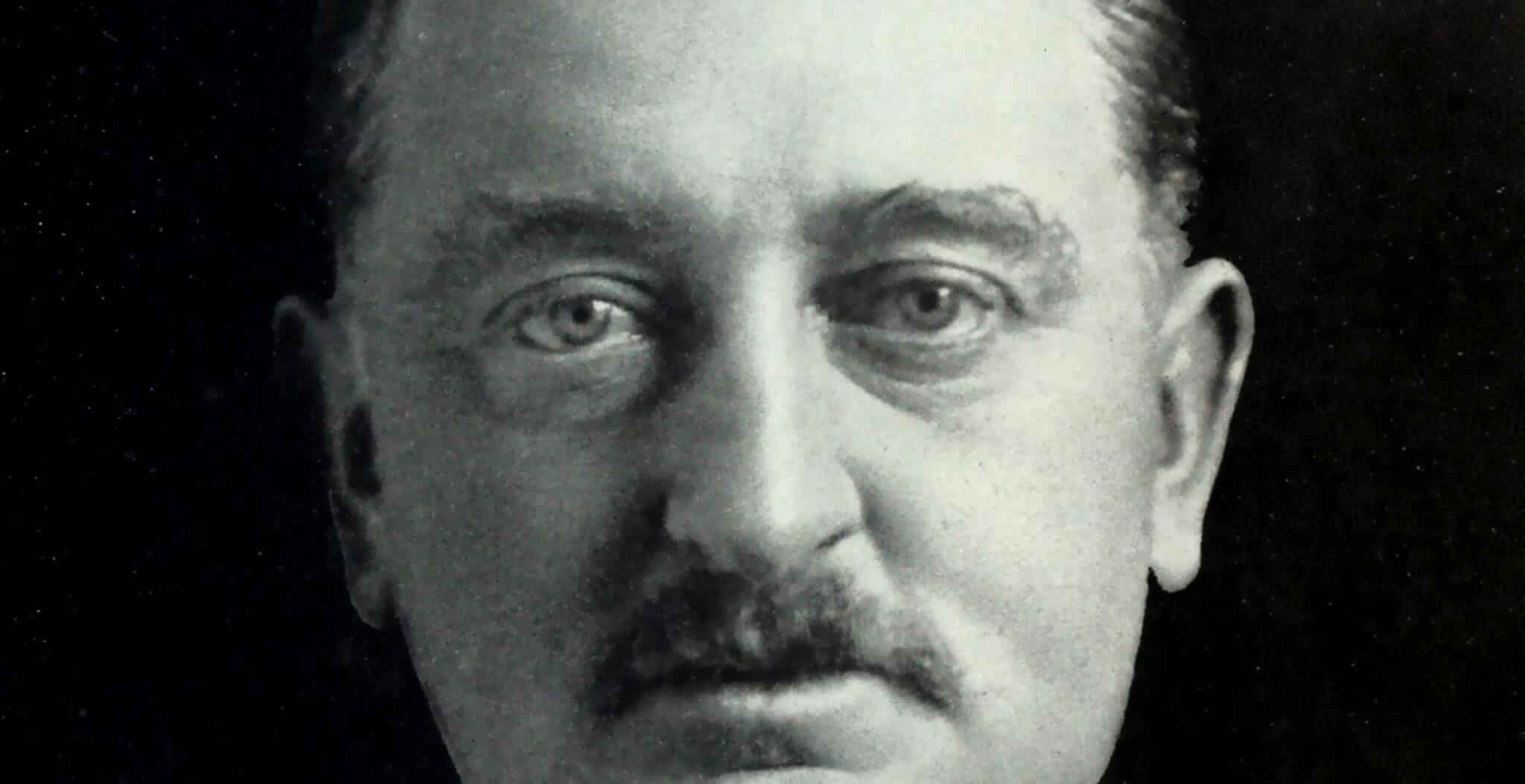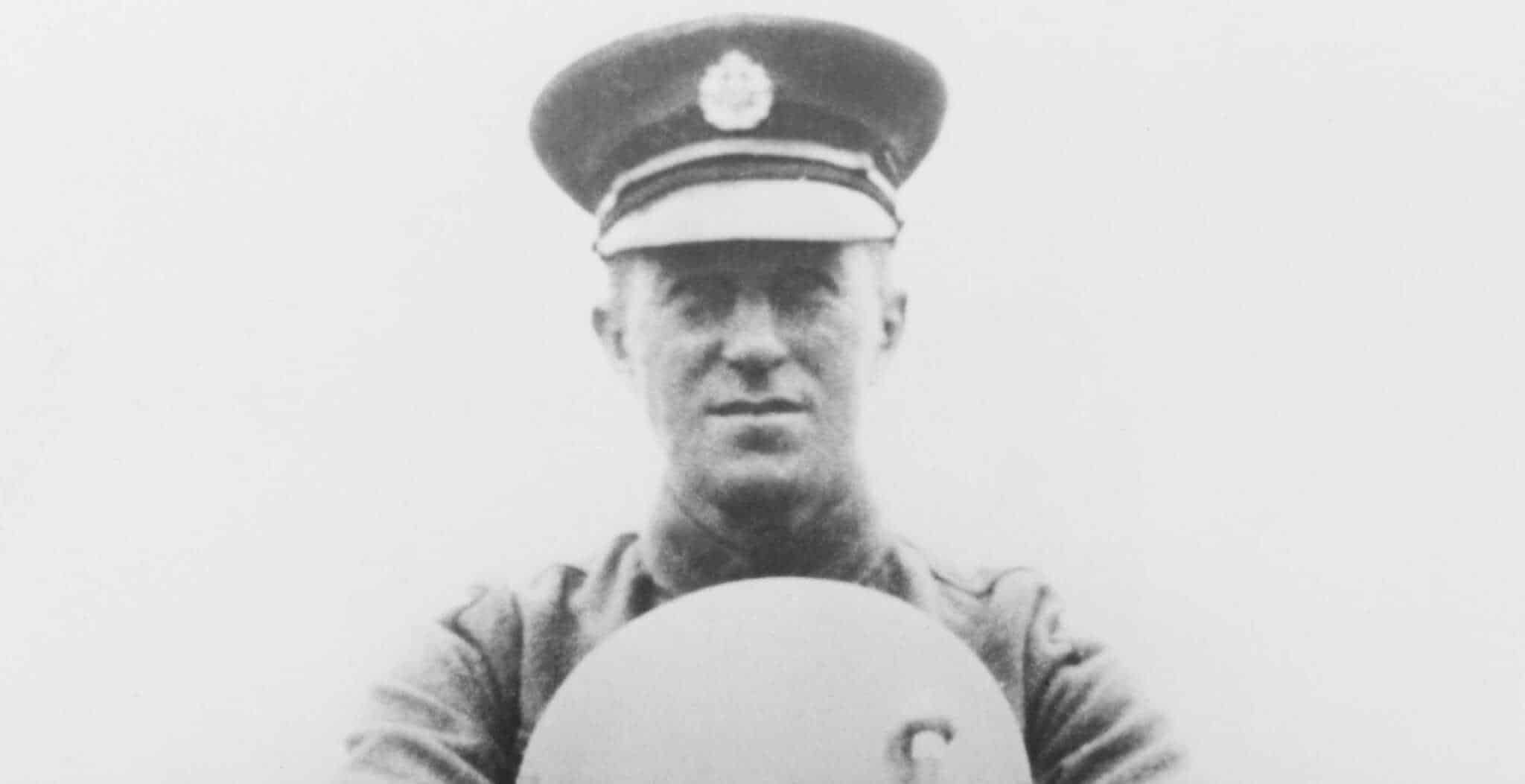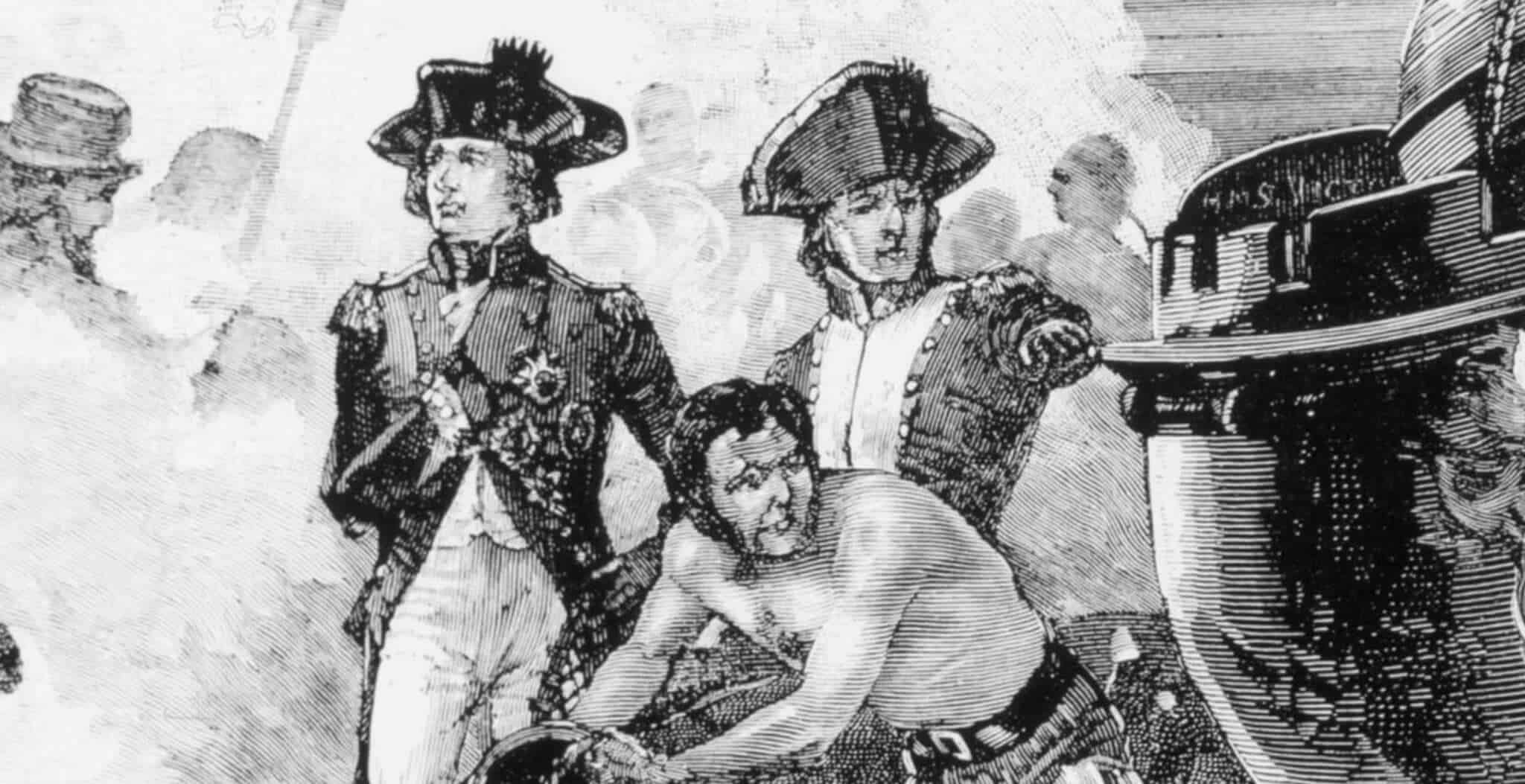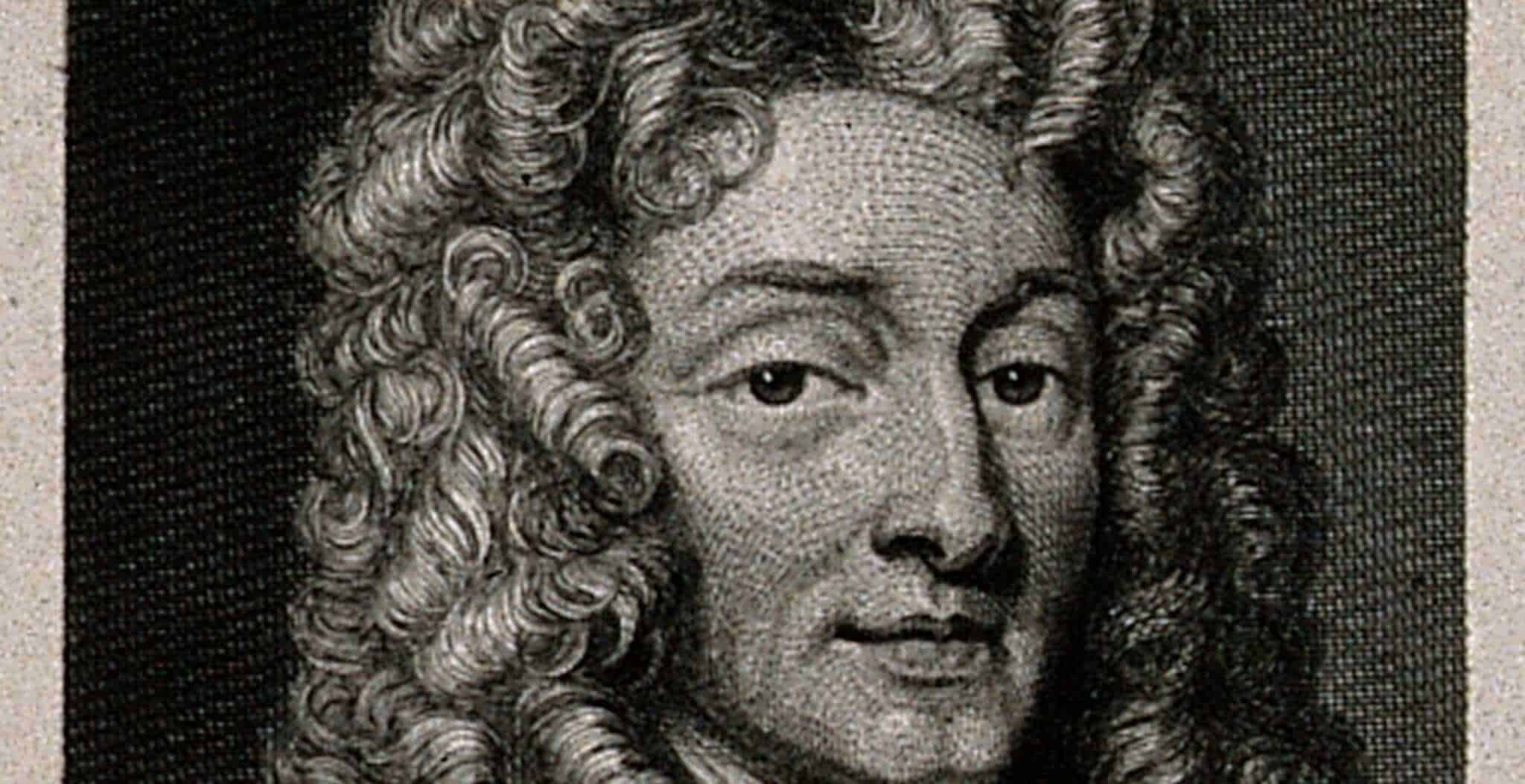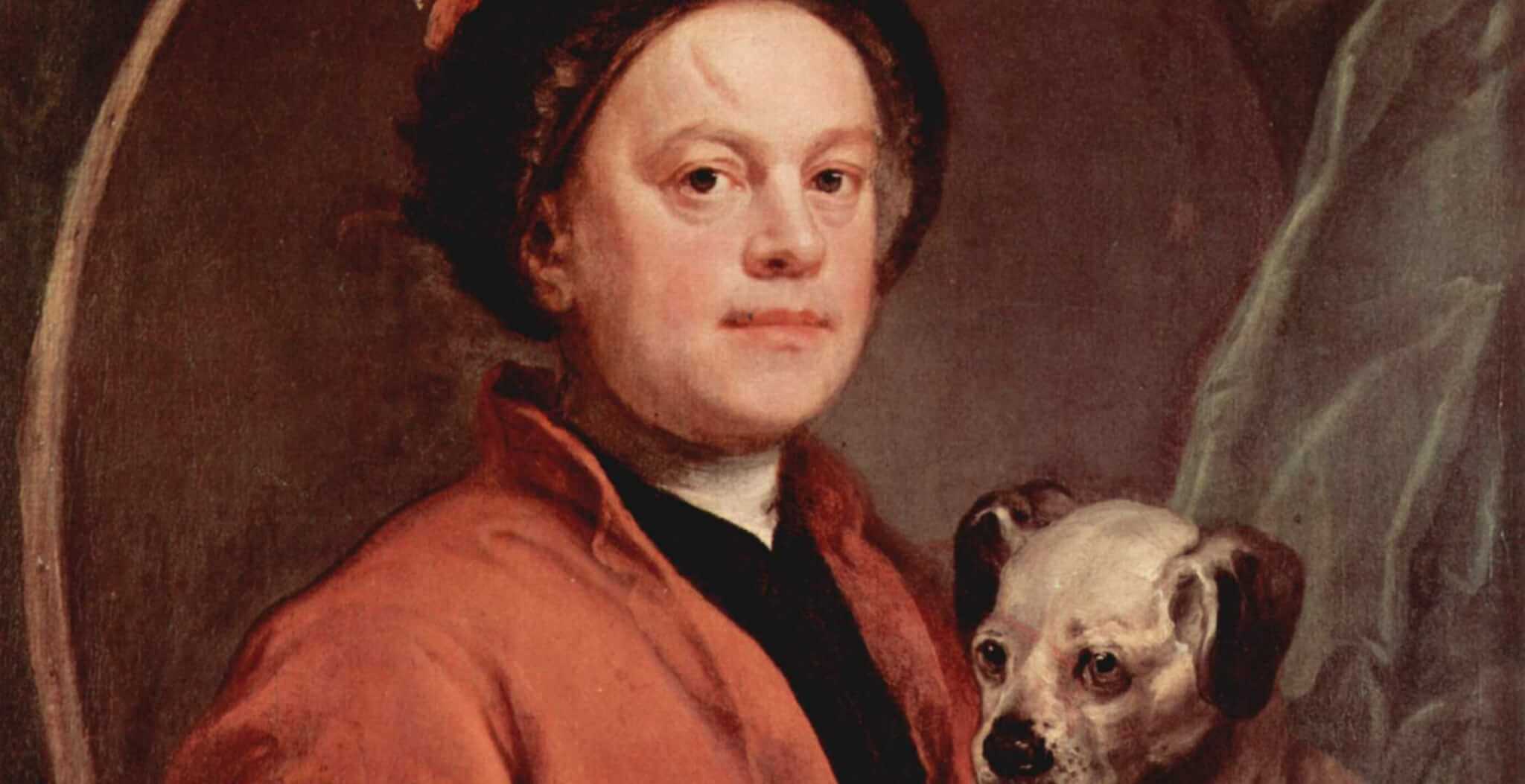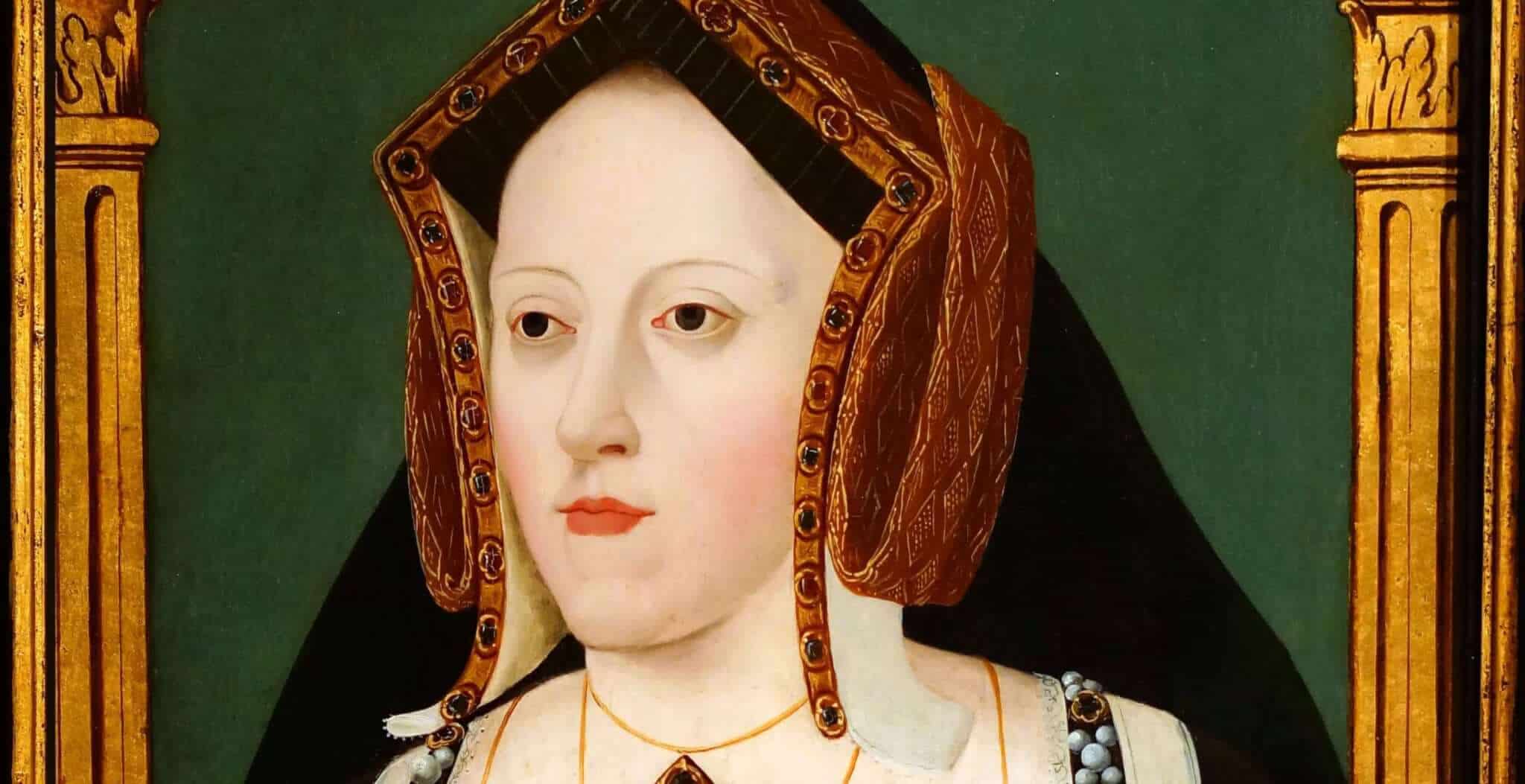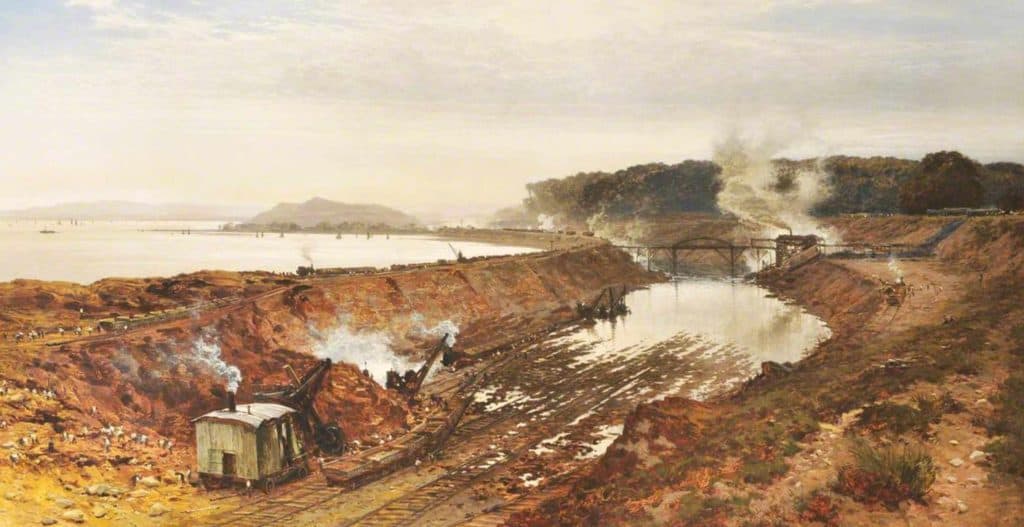Our selection of historic birthdates in May, including Robert Browning, Florence Nightingale and Queen Victoria (pictured above).
| 1 May. | 1769 | Arthur Wellesley, Duke of Wellington, also known as ‘the Iron Duke’ – defeated the French emperor Napoleon Bonaparte at Waterloo in 1815. | |
| 2 May. | 1859 | Jerome K (Klapka) Jerome, English humorous novelist and playwright, author of Three Men in a Boat. | |
| 3 May. | 1860 | John Scott Haldane, Scottish physiologist who studied the effect of industrial occupations on health. | |
| 4 May. | 1827 | John Hanning Speke, English explorer who was the first European to see Lake Victoria and identify it as the source of the Nile. | |
| 5 May. | 1883 | Archibald, Lord Wavell, British Field Marshal in World War II, was made Viceroy of India 1943-47. | |
| 6 May. | 1754 | Thomas William Coke, Earl of Leicester, entered Parliament as its youngest member at the age of 22 years and 2 days, and left, its oldest member, some 56 years later. | |
| 7 May. | 1812 | Robert Browning, English poet, and husband of Elizabeth Barrett, who’s more popular work included The Last Duchess. | |
| 8 May. | 1698 | Henry Baker, English naturalist, poet and pioneer of education for the deaf and dumb. | |
| 9 May. | 1860 | J M Barrie, Scottish writer and creator of Peter Pan and with it, the now popular girls name – Wendy. | |
| 10 May. | 1754 | Sir John Sinclair, Scottish politician and agriculturalist, first president of the Board of Agriculture. | |
| 11 May. | 1889 | Paul Nash, English painter and official war artist in both world wars, his best remembered works include The Menin Road and Totes Meer. | |
| 12 May. | 1820 | Florence Nightingale, The Lady with the Lamp – English nursing pioneer of the Crimean War who reduced the hospital death rate from 42% to 2%. | |
| 13 May. | 1842 | Sir Arthur Seymour Sullivan, Irish composer who together with W.S. Gilbert wrote 16 operettas including The Pirates of Penzance, The Mikado, The Yeomen of the Guards, etc. | |
| 14 May. | 1771 | Robert Owen, Welsh social reformer who created his model community whilst manager of a cotton mill in New Lanark, Scotland, improving working and living conditions and providing schooling . | |
| 15 May. | 1935 | Ted Dexter, English cricket captain and MCC President. | |
| 16 May. | 1782 | John Sell Cotman, Norwich born watercolourist whose popularity surpassed Turner in the 20th century. | |
| 17 May. | 1749 | Edward Jenner, English physician whose pioneering work with smallpox vaccinations, lay the foundation for modern immunology. | |
| 18 May. | 1872 | Bertrand Russell, English philosopher, mathematician and essayist, published more than 60 books, received the Nobel prize for Literature 1950. | |
| 19 May. | 1933 | Edward de Bono, British doctor who developed the concept of lateral thinking. | |
| 20 May. | 1806 | John Stuart Mill, English philosopher – advocator of social as well as political freedom, supporter of women’s rights and godfather of Bertrand Russell. | |
| 21 May. | 1736 | Francis Egerton, Duke of Bridgwater, pioneer of Britain’s canal system who together with engineer James Bridley constructed the Bridgewater Canal thus linking his coal mine in Worsley with Manchester. | |
| 22 May. | 1859 | Sir Arthur Conan Doyle, Edinburgh born novelist who created the greatest detective of all time Sherlock Holmes and his sidekick Dr Watson. | |
| 23 May. | 1795 | Sir Charles Barry, architect responsible for the design of the Houses of Parliament, the details of which were provided by his trusty assistant A W Pugin.. | |
| 24 May. | 1819 | Victoria, Queen of the United Kingdom and Empress of India, she would reign over the greatest empire the world had ever seen. | |
| 25 May. | 1713 | John Stuart, Earl of Bute, Britain’s first Scottish Prime Minister, he resigned the post in 1763 after the Seven Years’ War.. | |
| 26 May. | 1904 | George Formby, Wigan born entertainer and Ealing film star, famous for his ukulele and his ‘Chinese Laundry Blues’. | |
| 27 May. | 1897 | John Cockcroft, English physicist who shared with E T S Walton the 1951 Nobel prize for their historic “atom-splitting” experiments. | |
| 28 May. | 1759 | William Pitt (the Younger), politician who became the youngest ever British Prime Minister at the tender age of 24, died worn out by his efforts while still in office over 20 years later. | |
| 29 May. | 1630 | King Charles II of Great Britain and Ireland, accepted the monarchy after the collapse of Cromwell‘s Commonwealth, a keen patron of the arts and science best remembered for his flamboyant lifestyle. | |
| 30 May. | 1757 | Henry Addington, British politician and prime minister responsible for ending the French Revolutionary Wars, also partly responsible for the Peterloo Massacre 1819. | |
| 31 May. | 1443 | Margaret Beaufort, Countess of Richmond – married Edmund Tudor, their son, Henry VII claimed the English throne through his mother’s descent from John of Gaunt | |
